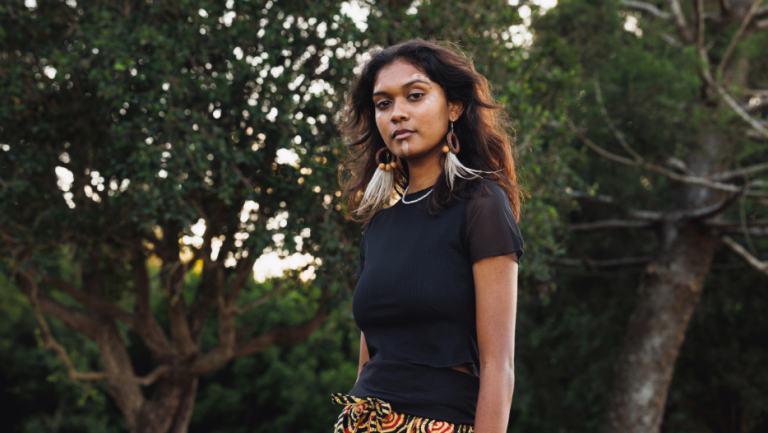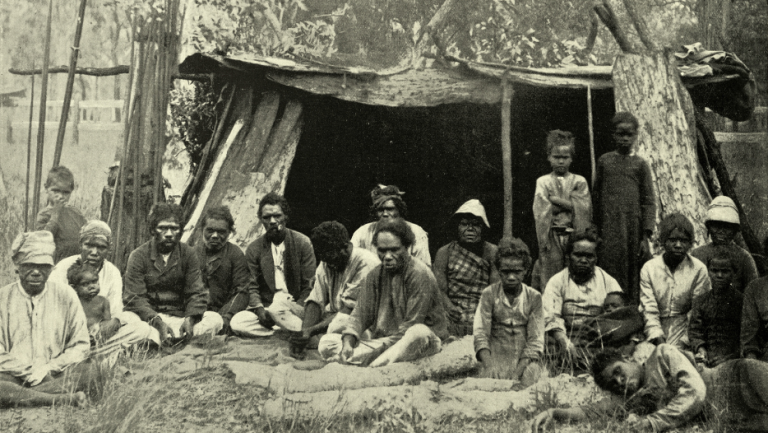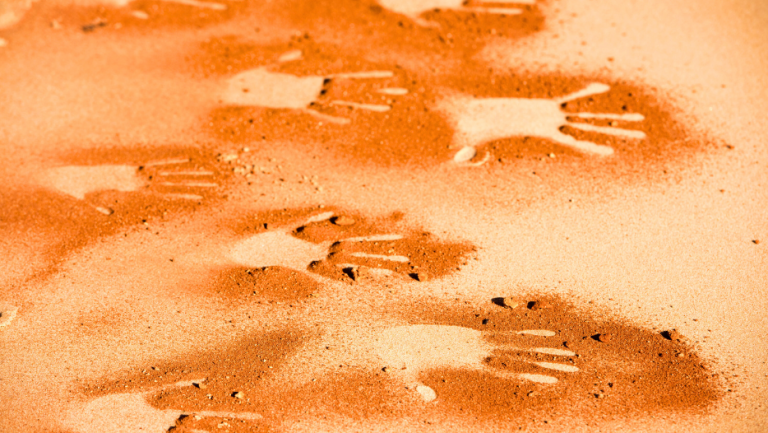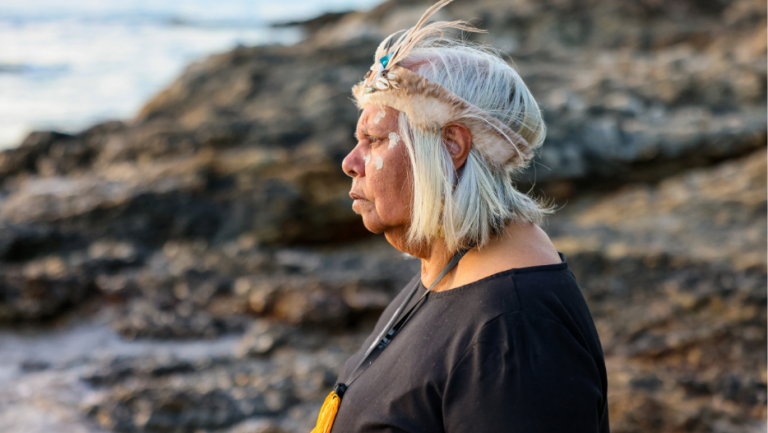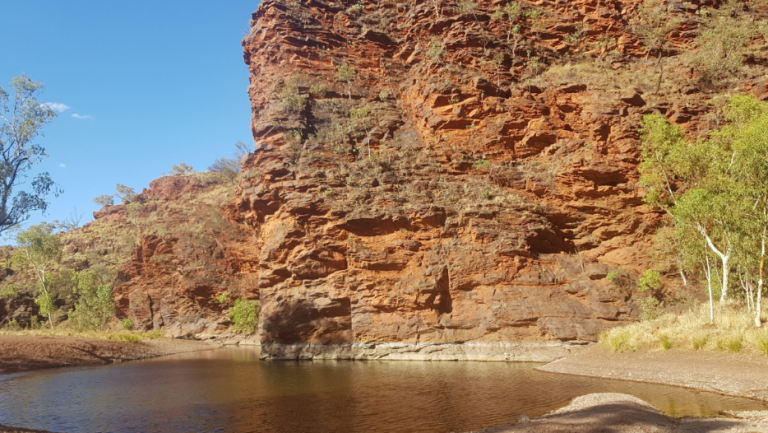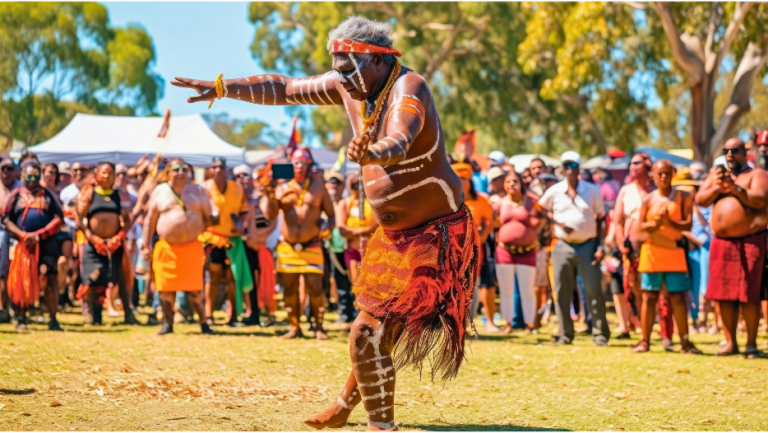In Aboriginal culture, the connection to land is not just a physical bond; it is a spiritual, cultural, and identity-defining relationship that has been nurtured for thousands of years. For Aboriginal people, the land is an extension of themselves, interwoven with stories, ceremonies, and ecological wisdom that guide their lives. This profound connection shapes their worldview and informs their cultural practices, emphasising custodianship rather than ownership. Indigenous peoples have managed the land sustainably, demonstrating deep ecological knowledge passed down through generations, which is crucial for maintaining the health of ecosystems and ensuring the well-being of future generations.
The land is central to Aboriginal spirituality, serving as a repository of ancestral stories and cultural practices. Sacred sites hold immense cultural and spiritual significance, representing the connection between the people and their ancestors. These sites remind communities of their responsibilities as custodians of the land, intertwining their history, traditions, and identity. Unfortunately, colonisation and modern development have threatened this connection, often leading to the dislocation of communities and the erosion of cultural practices. Recognising the importance of land rights and advocating for Indigenous stewardship is vital to ensuring that Aboriginal people can maintain their connection to the land.
At The Keeping Place, we promote initiatives that empower Traditional Owner Groups to manage and protect their lands in ways that reflect their cultural values. Supporting Aboriginal land management practices is not only about environmental sustainability; it is about recognising and respecting Indigenous knowledge systems that have endured for millennia. By fostering initiatives that allow communities to engage in sustainable land practices, we can support the ongoing stewardship of the land and its resources for future generations.
Moreover, the role of Elders is paramount in Aboriginal cultures. They are the custodians of knowledge, culture, and tradition, embodying the collective history and lived experiences of their people. Elders guide cultural ceremonies, rituals, and social responsibilities, reinforcing the fabric of Indigenous identity. Their wisdom informs decisions on various aspects of community life, from land management to cultural practices. As community leaders, Elders teach not only through words but also through actions, instilling essential values and customs in younger generations.
At The Keeping Place, we recognise and honour the contributions of Elders by promoting initiatives that support their roles in cultural education and community leadership. Our programs encourage intergenerational learning, allowing younger community members to engage with Elders and absorb the wealth of knowledge they possess. This exchange fosters a sense of belonging and continuity, reinforcing the bonds that tie communities together. Elders also advocate for the rights and interests of their communities, ensuring that their cultural heritage is respected and upheld.
Celebrating Indigenous knowledge is essential for fostering understanding and respect for Aboriginal cultures. This knowledge encompasses a wealth of understanding about the land, environment, and sustainable practices cultivated over thousands of years. Indigenous ecological knowledge informs sustainable land management techniques that have been refined over generations. It reflects a deep connection to the land, allowing Indigenous peoples to engage with their environment in ways that promote biodiversity and sustainability.
At The Keeping Place, we honour and promote Indigenous knowledge systems by facilitating traditional knowledge exchange and supporting community-led initiatives. By creating platforms for Elders and knowledge holders to share their wisdom, we contribute to the preservation and revitalisation of Indigenous knowledge. Recognising the significance of Indigenous knowledge is crucial for addressing contemporary environmental challenges. As we face issues such as climate change, integrating Indigenous perspectives into land management and conservation practices is essential for creating sustainable solutions.
The role of Elders and Indigenous knowledge extends beyond cultural transmission; it encompasses environmental stewardship and advocacy. Elders provide guidance during community challenges, fostering unity and resilience within communities. Their insights rooted in tradition and experience are invaluable as communities navigate the complexities of modern life. By fostering a deep respect for Elders and their teachings, we create an environment where traditional knowledge is valued and preserved.
As we reflect on the interconnectedness of land, culture, and community, it is vital to recognise that the legacy of Aboriginal knowledge is not only a treasure trove of wisdom but also a blueprint for sustainability and cultural resilience. By supporting Traditional Owner Groups in their stewardship of the land and promoting intergenerational knowledge exchange, we contribute to the preservation of Indigenous cultures and ensure that their rich heritage is celebrated.
In conclusion, the role of Elders, the significance of Indigenous knowledge, and the deep connection to land are intertwined elements that define Aboriginal culture. Let us honour and support the contributions of Elders, recognise the importance of Indigenous knowledge systems, and celebrate the profound connection Aboriginal peoples have with their land. Together, we can work towards a future where Indigenous cultures thrive, their voices are heard, and their rich heritage is respected and integrated into the broader narrative of Australia.
By fostering understanding, collaboration, and respect for Indigenous knowledge and practices, we can build a more inclusive society that values the contributions of Aboriginal peoples. Let us celebrate the strength and resilience of Indigenous communities, ensuring that their cultural richness and identity continue to flourish for generations to come.
#Elders #IndigenousKnowledge #ConnectionToLand #CulturalHeritage #TheKeepingPlace #EnvironmentalStewardship
